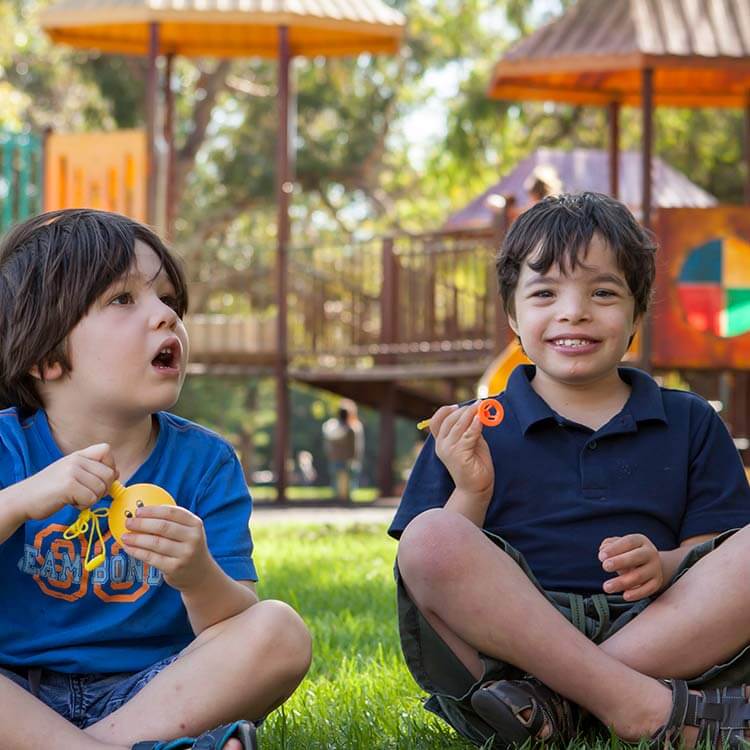Search
Research
Epidemiology of craniofacial anomalies and association with intellectual disabilities in Western Australia: A population based studyHelen Mohammed Leonard Junaid MBChB MPH BDS, MDS, MFDS RCPS (Glasg.), DDPH RCS (Eng) Principal Research Fellow Honorary Team Member +61 419 956 946
Research
Establishing a national platform for the provision of evidence based practice in Prader-Willi syndromeHelen Jenny Leonard Downs MBChB MPH BApplSci (physio) MSc PhD Principal Research Fellow Head, Child Disability +61 419 956 946 08 6319 1763
Research
Hospitalisation for oral health-related conditions in children with intellectual disability in Western Australia: a population-based cohort studyHelen Leonard MBChB MPH Principal Research Fellow +61 419 956 946 helen.leonard@thekids.org.au Principal Research Fellow Areas of research expertise
IDEA (Intellectual Disability Exploring Answers) Database
Research
International CDKL5 Disorder DatabaseHelen Jenny Leonard Downs MBChB MPH BApplSci (physio) MSc PhD Principal Research Fellow Head, Child Disability +61 419 956 946 08 6319 1763
Research
International Rett syndrome study: InterRettHelen Jenny Leonard Downs MBChB MPH BApplSci (physio) MSc PhD Principal Research Fellow Head, Child Disability +61 419 956 946 08 6319 1763
Research
Mothers with intellectual disability and their children in Western AustraliaHelen Leonard MBChB MPH Principal Research Fellow +61 419 956 946 helen.leonard@thekids.org.au Principal Research Fellow Areas of research expertise
Research
Multi-site validation of a suite of clinical outcome measures for clinical trial readiness in the CDKL5 Deficiency DisorderHelen Jenny Peter Leonard Downs Jacoby MBChB MPH BApplSci (physio) MSc PhD BA (Hons) MSc Principal Research Fellow Head, Child Disability

Improving the lives of children with a disability and their families sits at the core of our team.
Research
Investigating associations between birth order and autism diagnostic phenotypesBirth order effects have been linked to variability in intelligence, educational attainment and sexual orientation. First- and later-born children have been linked to an increased likelihood of an Autism Spectrum Disorder (ASD) diagnosis, with a smaller body of evidence implicating decreases in cognitive functioning with increased birth order.
